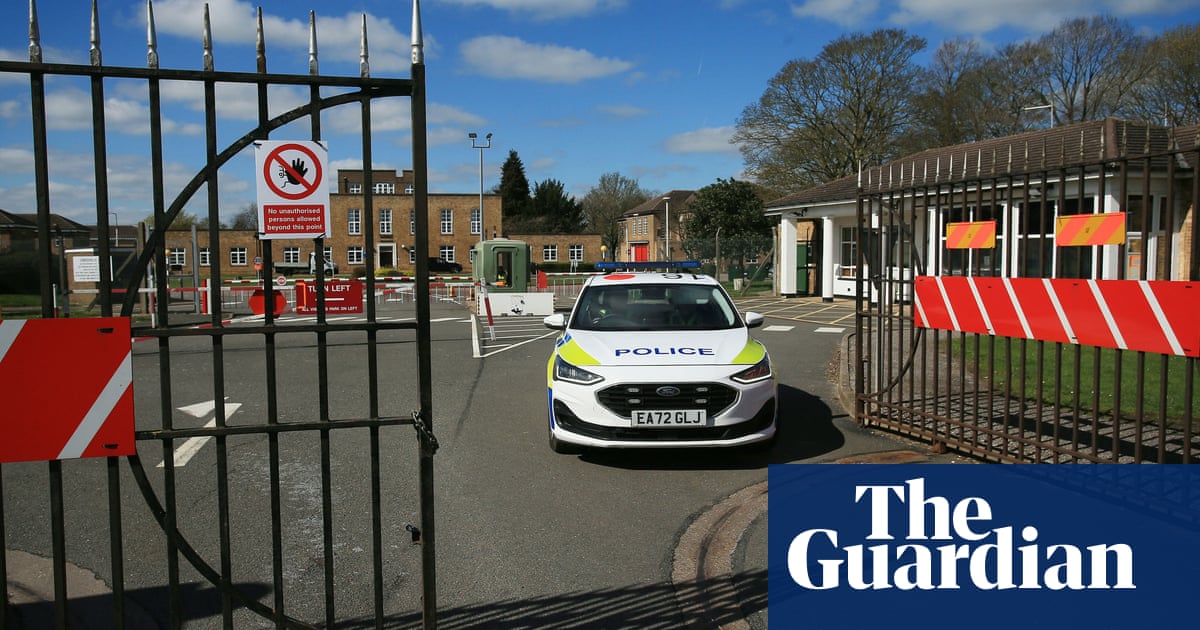
More than 40 human rights organisations have condemned the Home Office’s introduction of 24-hour GPS monitoring of people on immigration bail in an expansion of surveillance powers that has involved no consultation process.
The new policy marks a shift from using radio frequency monitors (which alert authorities if the wearer leaves an assigned area) to round-the-clock GPS trackers (which can track a person’s every move), while also giving the Home Office new powers to collect, store and access this data indefinitely via a private contractor.
Rudy Schulkind, at Bail for Immigration Detainees, said: “This is effectively an extension of immigration detention beyond the physical walls of the detention centres and prisons.
“This regressive and authoritarian policy is wholly inappropriate in a country that claims to uphold the right to liberty.
“It is no wonder the government did not formally announce it and has tried to evade scrutiny,” said Schulkind, who published an open letter to the home secretary, Priti Patel, with the rights group Liberty on Monday.
Those affected by the GPS tagging are foreign nationals who face deportation following criminal convictions of 12 months or more. They are currently selected on a discretionary basis but the government is seeking a statutory instrument to make monitoring mandatory for thousands more, irrespective of the severity of their crimes or flight risk, prompting concerns over safeguarding.
“Victims of human trafficking sometimes commit crimes as a result of their being trafficked, such as those enslaved on British cannabis farms, and face deportation and GPS tracking as a direct result,” Schulkind warned.
The letter says the government has given itself the authority to use people’s data for reasons unrelated to bail, for example, to investigate immigration claims made under article 8 of the European convention on human rights, which protects private and family life.
“This could mean that if someone is challenging their deportation because they have a child in the UK, the government can look through that person’s GPS data to see whether they visited their child enough times while being tracked,” Schulkind said.
“It effectively gives the government carte blanche to use highly personal data for a fishing exercise, searching for reasons to reject an application.”
Jun Pang, Liberty’s policy and campaigns officer, said: “Standing up for our human rights has and should never entitle the state to surveil our entire private life. This policy is unprecedented and has worrying implications for everyone’s ability to uphold their rights.”
Mo (not his real name) is one of 269 people to have been fitted with the new GPS tags, according to freedom of information data obtained by the law firm Leigh Day, and faces deportation due to a criminal conviction.
He told the Guardian he had been detained under immigration powers for nearly a year after completing his criminal sentence. One week after his release on bail, a private contractor arrived at his house and told him he had to put a GPS tag on or face re-imprisonment – a condition that was not mentioned during his bail hearing.
“My feet were swelling and bleeding. It was too tight and it got infected,” he said. “I have no idea when it’s going to be taken off. I feel bad, I feel down, I feel anxious; I don’t know how to describe it in words. I’m not having my freedom like other people do.”
One woman who participated in the study said the ankle monitor physically prevented her from kneeling down to pray, while another said she had stopped taking her son to the playground because it made other parents uncomfortable.
The Labour MP Bell Ribeiro-Addy, vice-chair of the all-party parliamentary group on immigration detention, said: “The Tories’ plan to introduce 24/7 GPs tracking for bailed immigration detainees is a Trojan horse which would grant the Home Office expansive new surveillance powers which would extend well beyond their stated purpose.
“[It] sends a clear signal that the hostile environment is here to stay and gives us a glimpse of the new authoritarianism driving this government forward.”
Open Rights Group, a digital rights campaigning organisation, said the introduction of GPS surveillance was part of a coordinated attack on the privacy rights of refugees and asylum seekers in the UK. Last week the group won a case it had brought against the Home Office on appeal, when a high court judge ruled that an immigration exemption in the Data Protection Act was unlawful.
Sahdya Darr, the group’s immigration policy manager, said: “The pervasiveness of these measures speaks volumes about the need to ensure that migrants are in a position to exercise their data rights.”
A Home Office spokesperson said: “Foreign criminals who commit crimes should be in no doubt of our determination to deport them.
“GPS tracking is widely used across the criminal justice system and allows us to use the latest technology to maintain contact with offenders, deter absconding and prevent further crimes being committed. It was a government manifesto commitment and the measure which enacts it was debated in parliament and passed into legislation.
“We make no apology for keeping the public safe and clamping down on those who have no right to be in the UK.”












